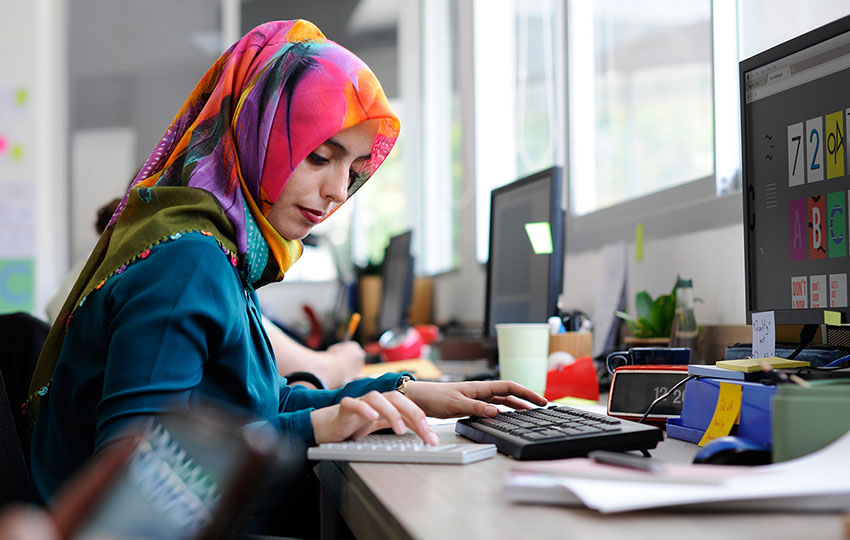Although we live in Europe, migrant women are still a vulnerable social group. It is a fact that they face multiple difficulties at the social, personal, professional and economic levels. This is practically translated into racist and sexist treatment in general and more specifically into the difficulties of finding a job, the lack of familiarity with the national language, and the inability to understand the laws and bureaucratic procedures that exist in each country. In order to overcome these obstacles but also to ensure a better quality of life through the social integration of women migrants, support is needed, specifically by non-formal education.
The European Union is aware of the situation and is trying through targeted projects to eliminate inequalities, racism and ensure a better quality of life for all. More specifically, the WIDTH project aims to promote the integration and social integration of migrants and especially women migrants, through training activities in linguistic, political, social and economic fields, in order to facilitate the access of male and female migrants to useful information for them as well as access to adult educational institutions, in order to be trained according to their needs.
Recently, the second Intellectual Output of the project (IO2) was achieved and its’ object was the creation of an educational material , which includes basic knowledge on the administrative structure of each country and an e-book for migrants of lower educational level, or immigrants who do not have a university degree and the level of knowledge of the national language ranges from elementary to basic knowledge.
More specifically, each WIDTH partner country has created e-books that contain information about the legal framework, educational system, local culture, labor relations and the country’s health system. You can find the content here!
The second part is a file with non-formal education activities related to each chapter of the e-book and is a guide for adult educators, who will teach migrants in order to cope with the difficulties they are experiencing and finally be able to join the local society. You can fid the content here!
It is equipped with activities related to the material of e-books, provides suggestions for comprehension activities, instructions for the best conduct of the exercises which are in the form of workshops, but also suggestions for topics to be discussed.
Attached are the necessary files in order to have the whole picture of the second Intellectual Output of the WIDTH project.

